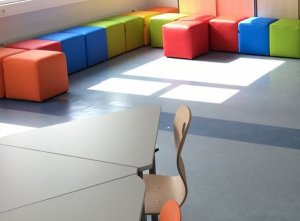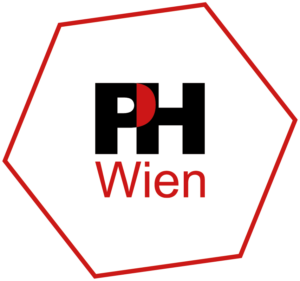Symposium Future Learning?!: Workshop Programme is now online!
The descriptions of the Workshops next Tuesday (Oct, 17th) are now available. For more details please click on each headline.
Symposium on the Future of Learning | Workshop 1
Takashi Iba & Members of Iba Lab | “Pattern Mining Workshop: How to Find Patterns from Experiences”
Pattern languages have recently been paid attention to as new tools for learning and creativity. A pattern language is a set of patterns that describe practical knowledge in a target domain, where practical knowledge refers to both the ability to notice problems as well as to solve them. In creating a pattern language, it is necessary to go through a “mining” process in the beginning, to gather contents of what would eventually be written out as patterns. Pattern mining is a process to extract the knowledge of practice (rules of thumb and tips) from experiences and cases. Such information is gathered through mining dialogues (self-reflections or interviews), after which they are clustered based on similarity, in order to find out the common points from the extracted knowledge and organize them. In this workshop, we provide an opportunity for participants to get an overview of how to create pattern languages, focusing on how to mine patterns from personal experiences and experiences from others.
Symposium on the Future of Learning | Workshop 2
Jonas Linderoth | “Using Games to Facilitate Systems Thinking”
In this workshop participants get to both try to play and design games that illustrates different real systems. The workshop is appropriate for educators of all levels from primary school to higher education.
Symposium on the Future of Learning | Workshop 3
Michael Steiner & Brigitte Hübel-Fleischmann (in cooperation with DaVinciLab) | “The Lego Education Innovation Studio at the University College of Teacher Education Vienna – Make your ideas happen”
The Lego Education Innovation Studio (EIS) is based on a hands-on learning approach that actively involves pupils in their own learning processes and is aimed at developing their creative thinking and practical problem solving skills through coding and robotics. In context of the nationwide project “Learn how to think and solve problems“ (DLPL) Austrian school classes are supported by experts with resources and educational material in the implementation of various projects. In a special workshop participants can get an insight into educational concepts, the possibilities offered by the EIS and successful school projects like MadeByKids. At various stations a whole range of products can be tried out: Lego WeDo and EV3, BeeBot & Co, Scratch, Ozobot, Microbit, Minecraft.
Symposium on the Future of Learning | Workshop 4
Hermann Morgenbesser | “Demonstrations and Digital Storytelling in the Learning Zones of the Future Learning Lab”
The Future Learning Lab follows the educational and pedagogical concept of the EUN’s Future Classroom Lab. This new space will offer a well-equipped environment for learning. According the Learning Zones of the FCL, workshops in the three different FLL areas of Investigation, Creation and Presentation will be taking place.
Symposium on the Future of Learning | Workshop 5
Thomas Nárosy | “Joint Advantage: Education Innovation Depends on Overlapping Collaboration”
The OECD has dedicated almost 10 years to the ILE Innovative Learning Environments project. At the core, the project analyzed how young people learn today and under what conditions they can learn better. The results of the project – in a way a „blueprint“ of the development of education systems in the OECD area “beyond teaching” – describe the core of innovative learning environments using seven learning principles, while three development dimensions outline the direction for a dynamic implementation of this core. The third dimension „transformation and change in learning ecosystems“ emphasizes the need to open up the „networked learning ecosystem“. The Future Learning Lab Wien FLL.wien understands itself, among other things, as a learning space in exactly this sense. The workshop will focus on three issues: Firstly, the recently published „OECD Handbook for Innovative Learning Environments“ is presented; secondly the FLL.wien concept and program will be introduced and discussed, and, thirdly, opening up to hitherto untapped development potentials. In particular, the focus is on aspects for which the „classical interior of education“ is dependent on opening and collaboration.
Merken
Merken
Merken
Merken


Schreibe einen Kommentar